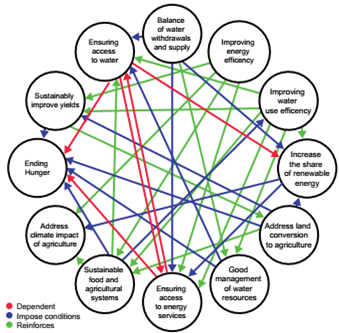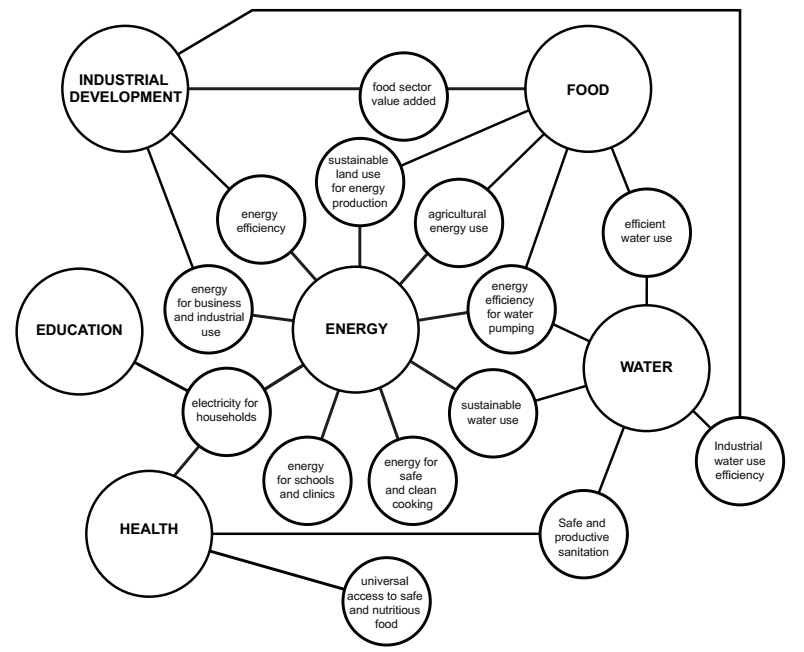
Ulimiri Somayajulu
Indian Association for Social Sciences and Health, India
Title: SDGs and multi sectoral approach
Biography
Biography: Ulimiri Somayajulu
Abstract
In 2000, world leaders adopted the eight Millennium Development Goals (MDGs) which committed nations to a global partnership to reduce extreme poverty by 2015. The implementation of the MDGs led to progress in terms of income poverty, access to improved sources of water, primary school enrollment, and child mortality but poverty remains a reality for many. Lack of integration across sectors was a major gap noticed that had impact on the achievement of the MDGs. Review of global multi-stakeholder partnerships under the MDG agenda reveal that these partnerships reinforced siloed (sectoral) and ‘projectized’ approach to development problems and solutions. The sectoral approach undermined the potential to address the drivers of systemic change and for scaling impact through a more programmatic approach (World Resource Institute, 2015).
In September 2015, world leaders adopted the 2030 agenda for sustainable development along with 17 goals and 169 targets. Integration of economic, social and environmental dimensions of sustainable development and inter linkages existing within and across the goals is the key feature of this agenda. The SDGs build on the key lesson from the MDGs that sustained systemic change cannot be achieved through single-sector goals and approaches. Hence, implementing the 2030 agenda entails breaking down traditional silos for more cross-sectoral decision-making and solutions.
The 2030 sustainable development agenda presents unique opportunity for multi stakeholder partnerships for sustainable development so as to leverage cross-sectoral approaches to enhance effectiveness as well as impact. To avail this opportunity, action is needed to strengthen accountability, transparency, coherence, monitoring, reporting, and knowledge sharing through cross-sectoral multi-stakeholder partnerships.
A review of the SDGs indicates that some thematic areas covered by the SDGs are well connected among one another. Existing link between targets and several SDGs gets demonstrated. The links among sectors that are identified include : education, gender and health nexus, water, energy, food nexus, energy, food security, and poverty eradication nexus, and climate, land, energy, and water nexus.

Interactions between proposed water, energy and food targets

Mapping nexus targets as nodes between goal areas
